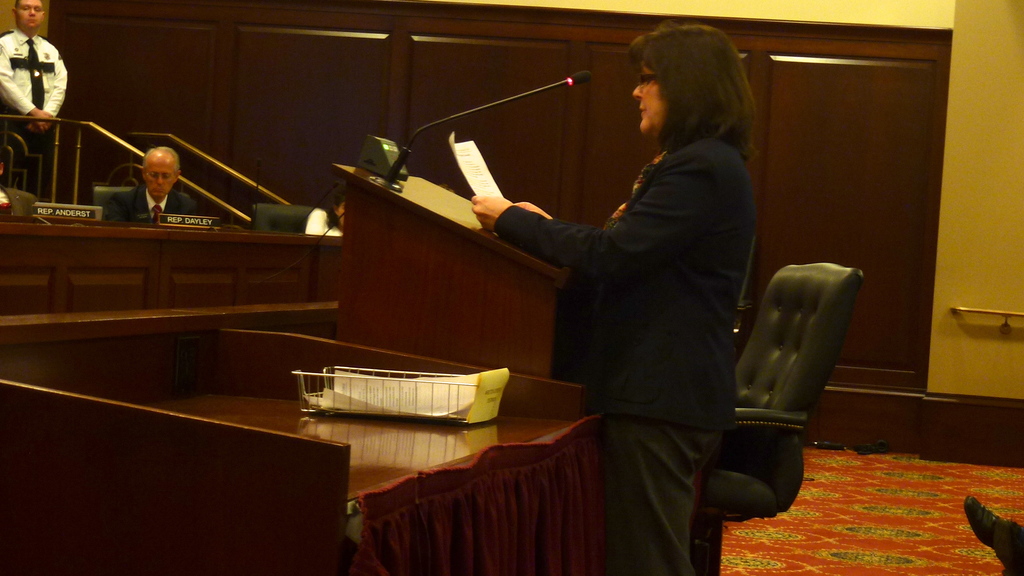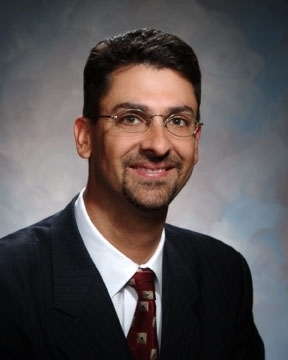Alex LaBeau, president of the Idaho Association of Commerce and Industry, speaks in dramatic terms about the personal property tax — an unpopular tax on business equipment and supplies.
“We’re going to put a stake in the heart of this tax once and for all,” LaBeau said Tuesday.

Soda Springs Superintendent Molly Stein speaks in equally dramatic terms. Attempts to repeal the personal property tax have been ”a wolf knocking on the door of education funding for the last five years.”
These quotes, from a lengthy House Revenue and Taxation Committee hearing Tuesday morning, encapsulate the question facing lawmakers. Revenue and Taxation took no action Tuesday, but instead took testimony on both sides of this issue. The committee will take additional testimony Wednesday, and might vote on Thursday.
From Stein and fellow school officials, the testimony was one-sided — and stacked against LaBeau’s House Bill 276, an ambitious $120 million proposal to phase out the personal property tax by 2019-20.
School officials instead lined up behind House Bill 272, which would partially repeal the personal property tax, amounting to an $18 million to $19 million tax cut. Crafted by the Idaho Association of Counties, this bill has backing of cities, the Idaho School Boards Association and the Idaho Association of School Administrators.
Both HB 272 and HB 276 would allow a business an immediate break on taxes on $100,000 of personal property. Both bills would reimburse schools and local governments for money they now collect from the personal property tax.
But that’s where the similarities end.
HB 272 would cap the tax relief at $100,000. HB 276 would phase out the tax over a six-year period — hence its higher price tag.
HB 276’s gradual phaseout of the personal property tax could affect future school levies and bond issues. The tax burden would shift to homes, farms and other real property. And that, according to education officials, would make it more difficult for school districts to pass future bond issues and levies.
Currently, 81 of Idaho’s 115 school districts have supplemental levies on the books, totaling $171 million, said Harold Ott, executive director of the Idaho Rural Schools Association. “These levies are not going away.”
For districts such as Soda Springs — rural areas dependent on large manufacturers or industrial plants — the stakes are all the higher. The district collected $644,807 in personal property taxes in 2012, according to State Tax Commission estimates, accounting for 48 percent of its property tax collections.
And even with the personal property tax on the books, Soda Springs has been forced to close an elementary school and a one-room school, adopt a four-day week, and reduce teacher salaries — a menu of spending cuts that have made the district a “poster child” in the personal property tax debate, Stein told the committee.

But over the course of 110 years, Idaho has gradually whittled the personal property tax, leaving only the tax on businesses. Repealing it entirely would provide economic stimulus, said LaBeau — and more than a 6-to-1 rate of return on tax cuts.
“We believe this is good policy,” he said. “This doesn’t penalize success. This stimulates success.”
More reading: Learn more about the stakes for schools at “Personal Property Tax 101,” on the EDge blog.
